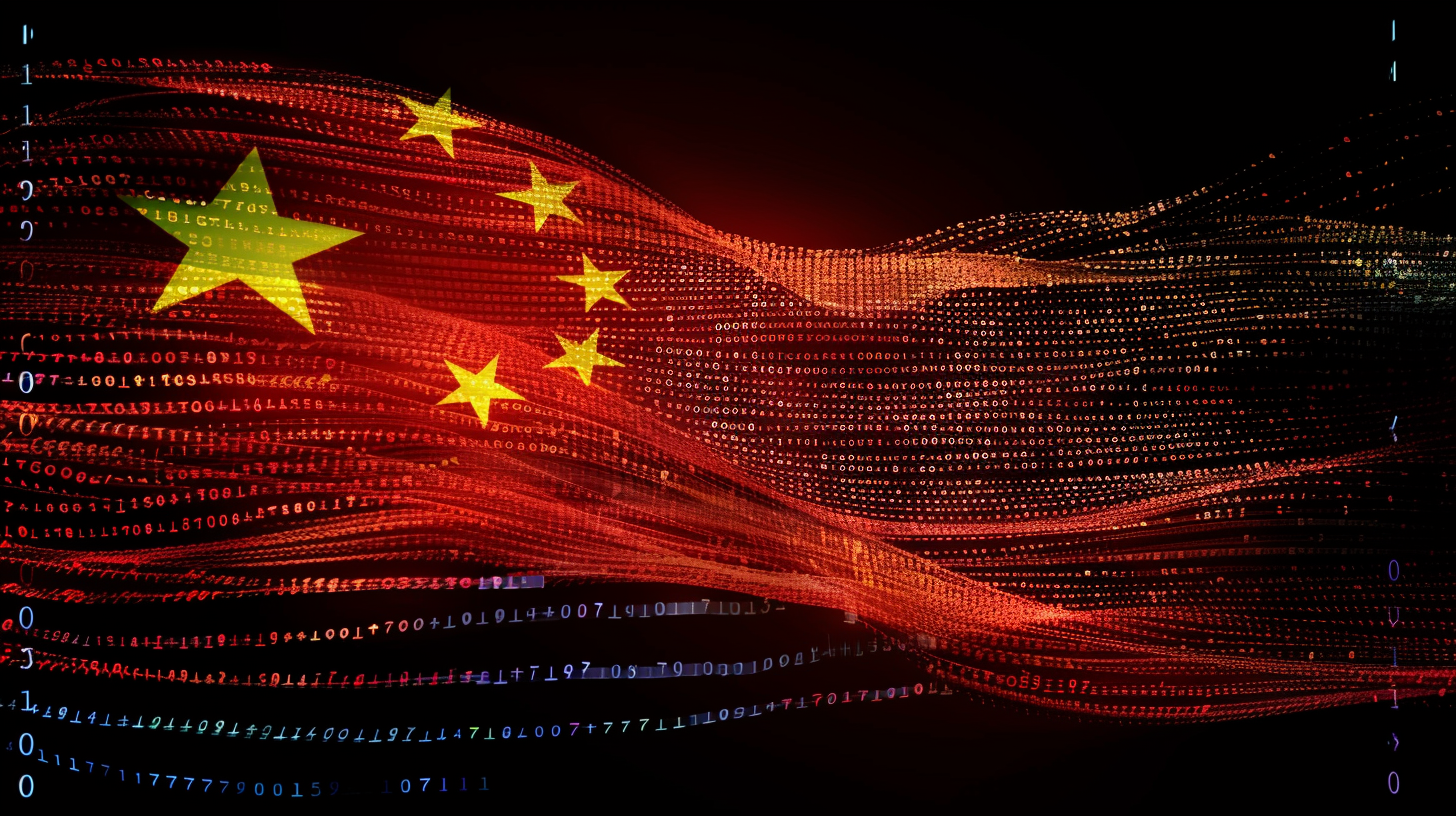Chinese AI companies expect up to 40 percent higher costs due to EU AI Act

The new EU regulation poses challenges for Chinese technology companies. An AI start-up from Hong Kong expects costs to rise by up to 40 percent - but also sees opportunities.
On August 1, 2024, the European Union's Artificial Intelligence Act will come into force, creating a new framework for the development and use of AI in the EU. The regulations specify prohibited AI systems, define high-risk applications, and impose transparency and governance obligations on companies.
For many Chinese tech companies, the new rules mean an increased effort to meet the requirements from Brussels. Patrick Tu, co-founder and CEO of Hong Kong-based Dayta AI, expects costs to rise by between 20 and 40 percent, as he explained to the South China Morning Post.
The EU's requirements for "the quality, relevance, and representativeness of training data will require us to be even more diligent in selecting our data sources," said Tu. However, he also sees benefits in the regulation: "Such focus on data quality will ultimately enhance the performance and fairness of our solution".
The EU's "comprehensive, user rights-focused approach" contrasts with regulations in China and Hong Kong, which "[...] focus more on enabling technological progress and aligning with the government’s strategic priorities" according to Tu.
Similar basic principles in the EU and China
"What the EU is trying to do with the AI Act is to create an environment of trust" says Tanguy Van Overstraeten, a partner at law firm Linklaters in Brussels. Alex Roberts, a Linklaters partner in Shanghai, described the basic principles of AI regulation in the EU and China as "very similar," including "transparent with customers, protecting data, being accountable to the stakeholders, and providing instructions and guidance on the product"
However, companies and products in China must conform to "core values of socialism" and ensure their AI results "are not perceived as harmful to political and social stability," said Roberts, which could confuse compliance officers at multinational firms.
So far, regulation in China has focused only on generative AI and is seen as "state or government-led," while the EU AI Act focuses on user rights, according to Roberts.
Some Asia-Pacific governments are now basing their own AI laws on EU data protection and AI legislation. South Korea is currently discussing a draft law on AI regulation.
Differences in enforcement
There are also clear differences in the enforcement and monitoring of AI regulations in the EU and the PRC. While there is overlap in terms of content, enforcement in the PRC follows patterns that are difficult to understand. It also remains to be seen whether generative AI, in particular, can be deployed within China's narrow policy framework.
AI News Without the Hype – Curated by Humans
As a THE DECODER subscriber, you get ad-free reading, our weekly AI newsletter, the exclusive "AI Radar" Frontier Report 6× per year, access to comments, and our complete archive.
Subscribe nowAI news without the hype
Curated by humans.
- Over 20 percent launch discount.
- Read without distractions – no Google ads.
- Access to comments and community discussions.
- Weekly AI newsletter.
- 6 times a year: “AI Radar” – deep dives on key AI topics.
- Up to 25 % off on KI Pro online events.
- Access to our full ten-year archive.
- Get the latest AI news from The Decoder.